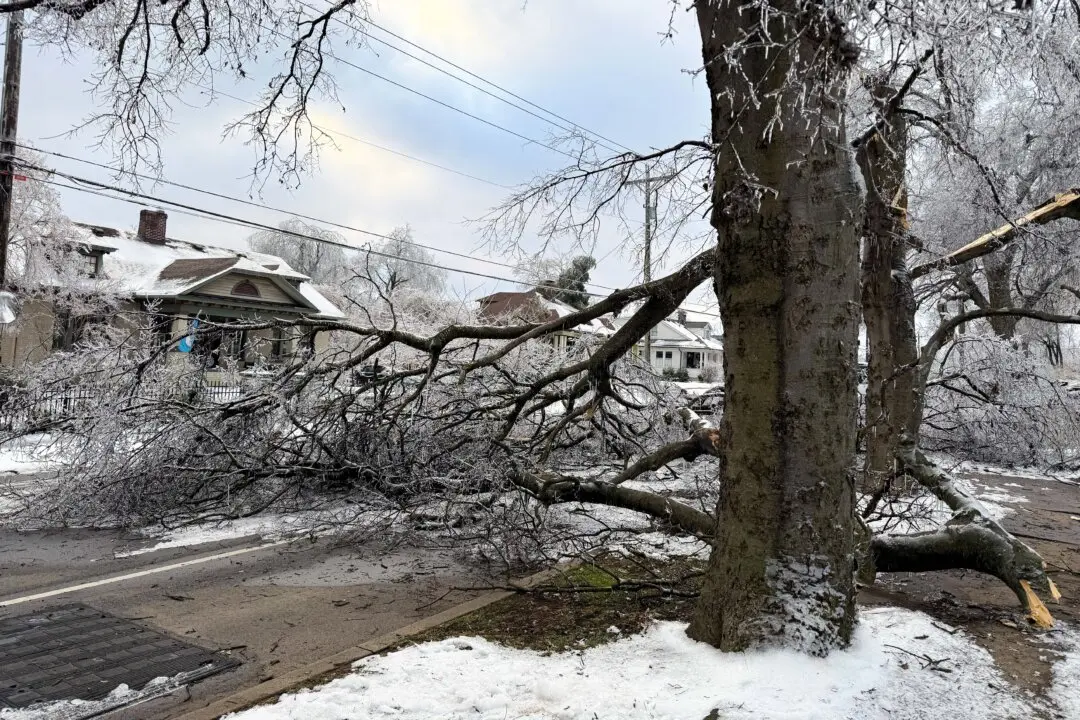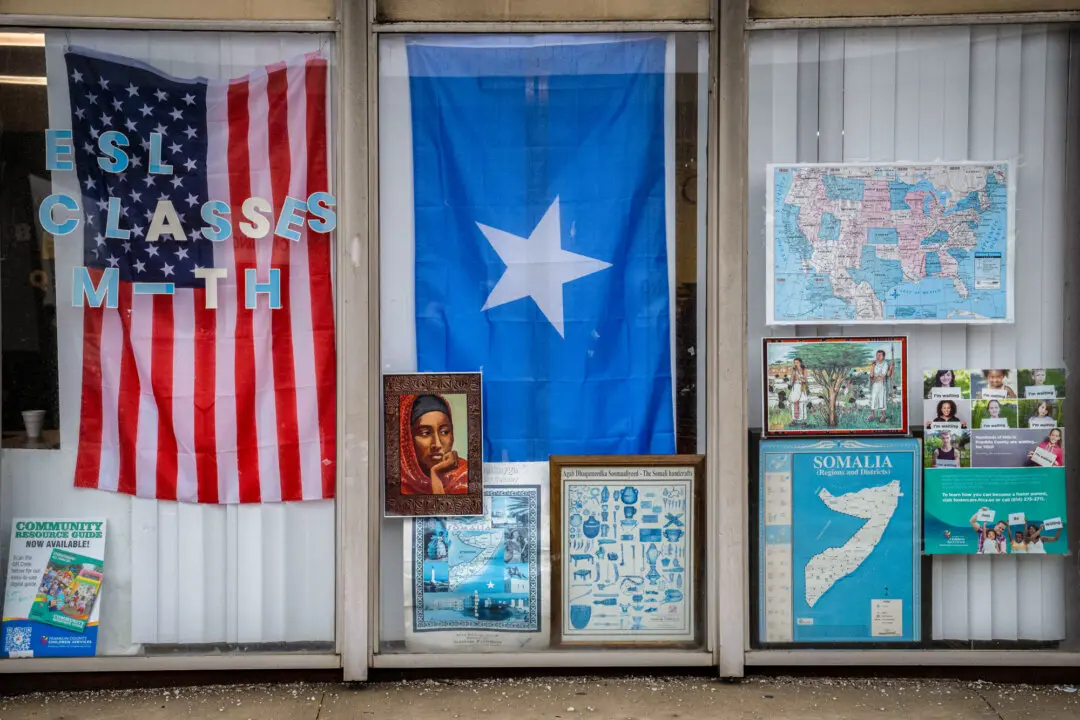Local news publications nationwide are taking part in a program that allows them to hire journalists partially sponsored by a project funded by big tech behemoths such as Meta, Google, and Microsoft.
Report for America (RFA), an initiative of The Ground Truth Project, allows newsrooms nationwide to compete for assistance to fill coverage gaps. Once RFA selects a newsroom, they take responsibility to pay part of the writer’s salary while they work for the local publication and receive ongoing training from The Ground Truth Project initiative.





